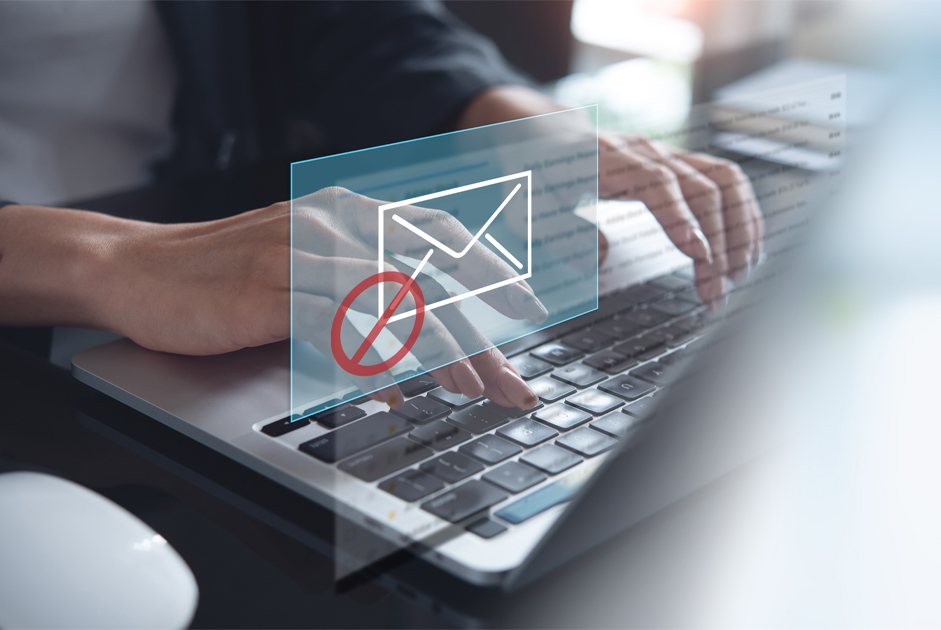Are you overwhelmed by the amount of spam and scams you receive on a daily basis? You’re not alone. With increased online activity, bad actors are getting smarter about getting past the filters meant to protect users from suspicious activity. These malicious activities can compromise your privacy, steal your money and even damage your reputation.
It’s easy to be taken in by phishing scams and spammers since scammers are clever and often use psychology to trick people into handing over their personal information. However, with the right knowledge, you can learn to recognize and avoid phishing and other online scams.
Scammers use fear, urgency and flattery to create a sense of false urgency and make their offers seem too good to be true. They also try to make victims feel guilty or embarrassed in order to get them to act quickly without thinking. Be wary of any offer that seems too good to be true, and never give out your personal information.
Unwanted or unsolicited spam messages can be annoying and time-consuming to deal with, but they are generally not as harmful as other email threats. Phishing emails, however, are especially dangerous. These are fraudulent attempts to steal personal information, such as passwords or credit card numbers, by masquerading as a trusted entity, such as a bank or social media platform. Phishing emails often contain links that, when clicked, direct users to fake websites that look legitimate but that are designed to steal private information.
The best way to protect yourself from spam is to manage your email accounts properly. Use strong spam filters that help block unwanted messages and be sure to keep those filters up to date. Delete emails from unfamiliar senders and don’t click on a link or download an attachment from a suspicious email. Don’t attempt to unsubscribe from unfamiliar spam since that alerts the spammer that your email address is active. If you do receive a suspicious email, forward it to your email provider or report it to the Federal Trade Commission (FTC).
Be cautious with your personal email address; don’t post it publicly online or on social media. If you have to share an email address with the public, use a disposable email address that you set up just for non-essential websites or marketing services. That email box can fill up with spam, and it won’t bother you a bit.
Urgent pleas, tempting offers or vague threats are common phishing tactics. A subject line like “Urgent: Account Action Required” should trigger alarm. Stay vigilant, avoid making hasty decisions and, if in doubt, throw it out.
The best way to protect yourself from phishing attacks is to hover over the sender’s email address and look for something amiss. Look closely and develop a keen eye. Are there typos, random characters, odd domain names or generic names like “admin?” Did you just get an email ostensibly from USPS that asks you to click to confirm your correct address – but the sender’s email address is admin@gmail.com? Nope, that one’s not real. Delete. Don’t click, download or reply.
If you get an email from your bank or credit card company that states there is an issue with your statement, asks for personal information or asks that you click on something, be very suspicious. Legitimate companies don’t ask for personal information through email, and never ever call the phone number provided in the email! If you think there could actually be an issue with your statement or bill, find the company’s phone number to contact the company directly if you have any doubts.
Following these tips can protect you from being a victim of scams and spam. Managing your email accounts properly and reporting scams and spam are important steps in staying safe online. It’s always better to be safe than sorry.
- Be aware of offers that seem too good to be true.
- Update your software and devices regularly.
- Use strong and unique passwords for each online account.
- Utilize a password manager to store and encrypt passwords.
- Use a spam filter to help identify and block spam emails.
- Be aware of red flags such as misspelled words, broken links or requests for personal information.























